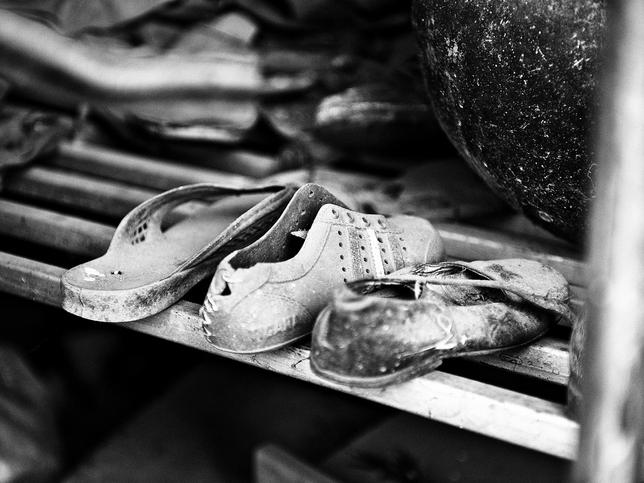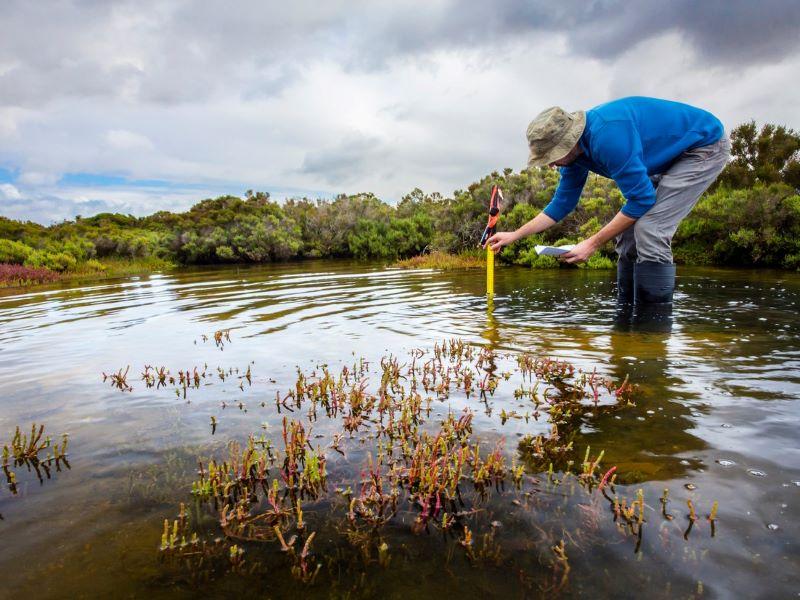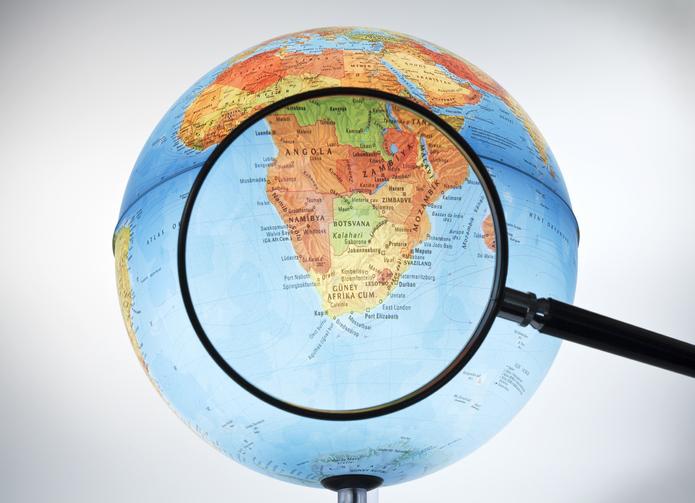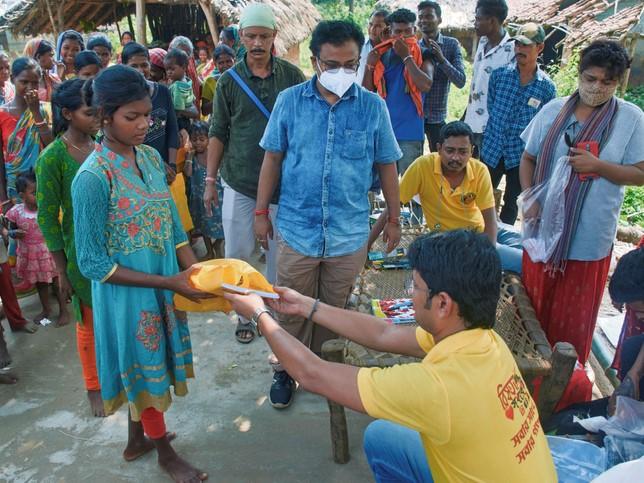
A case for bringing ethics of friendship and care to academic research

You may also like
Few countries in Africa have achieved as much attention from global researchers, particularly from Europe and North America, as Rwanda, much of it pertaining to the 1994 genocide against the Tutsi, its origins and its consequences.
In conducting field research in Rwanda over many years, I have often heard Rwandans reflect their disappointment at the number of academic researchers who come to their country, make temporary connections to local people necessary for their work, and then leave with little follow-up and care for the individuals and communities with whom they have engaged.
To be sure, this is not true of all researchers, perhaps not even of a majority, but it has been clearly and repeatedly expressed to me that it is frustrating to Rwandans on several levels. It is likely my experiences reflect a dynamic that is not unique to Rwanda nor Africa, but that typifies fundamental aspects of academic field research and knowledge production and dissemination, wherever they take place.
- How universities can help rebuild trust in science
- Five tips for building healthy academic collaborations
- When refuge isn’t safe: uncovering real-life stories to shape policy
However, it has particular relevance to researchers working in the Global South, where the gap between their economic and social resources and those of locals may be particularly great, creating asymmetries in discursive, political and economic power.
The value of friendship in research fieldwork
In this reflection, I want to suggest that bonds of friendship are bulwarks against the objectification and instrumentalisation that are all too common in fieldwork centred on individuals and communities outside a researcher’s own country or community of origin.
Friendship adds ethical and emotional dimensions that can make research – in process and product – more ethically and socially responsible, equitable, sensitive, responsive and consequential to locals generally and, in this case study, to Rwandan genocide survivors in particular.
Like journalists, humanitarian aid workers and diplomats, academics tend to “fly in and fly out”. Their end goals are often defined not by the relationships they develop with locals but by a product they are creating, which may be a doctorate, academic article or book.
This effort tends to orient their field experience, even if they make repeated visits or stay as long as a year. Friendships of differing qualities and degrees of closeness and significance that emerge from it are often incidental and short-lived (or sometimes do not develop at all) due to the nature of research, the gaps between visitors and locals, and the process and goals of academic knowledge production.
I argue that academics would benefit from greater reflection on and commitment to friendship. And here I mean friendship not in the sense of being more agreeable or social (though those are certainly positive) but in the ethically and emotionally substantive sense of a practice of caring, commitment and reciprocity. It’s friendship that should influence both the how of their research and the subjects to which it attends.
I want, in particular, to invite researchers in Rwanda – whether their field is development, humanitarianism, history, sociology, anthropology, political science or any other – to strive to make meaningful connections with survivors of the genocide against the Tutsi and forge friendships with them.
The bulk of research undertaken in Rwanda today and in the past decade not only does not centre genocide survivors, it minimally acknowledges them. This lack of attention to the perspectives, rights and welfare of survivors contributes to their marginalisation and further entrenches it.
A seed that can grow into deeper gratitude
Academic research needs to be more mindful of the types of relationships it privileges, and whether it allows for and encourages more genuinely dialogical, empathetic, and mutual and ethically sound ones of friendship and care that respect and promote human dignity and human rights and that are mindful of social justice.
Friendship is obviously not something that can be made a requirement of research, nor should it be. It emerges organically from patterns of connection, communication and engaging with communities as well as from relationships with a particular place, such as a town, neighbourhood or village, or an institution, such as a school or university. It can also happen most naturally on the individual interpersonal level. But the value of friendship needs highlighting because so often academic research happens outside the context of these bonds of affection and reciprocity, and mutual care and concern.
Friendship can also be offered as much as it can grow organically. Academic researchers should be mindful that much of our work can only emerge from the choices individuals make to act towards us in ways that are neither instrumental nor self-serving but stem more from the openness and magnanimity that characterise friendship.
Anyone coming from abroad to an unfamiliar country, where they do not speak the language and lack knowledge of the country’s history, culture and society, will require the assistance of many local people. Acknowledgement of both the range and depth of that assistance is a seed that can grow into deeper gratitude and long-lasting friendship.
While it is entirely legitimate for academic research to focus on a particular area or community, it is also important that researchers be mindful of how focusing exclusively on one such community – particularly genocide perpetrators – will exclude the most marginalised and disadvantaged. It will also privilege men and exclude women, because the overwhelming majority of Rwanda’s genocide perpetrators were men and its survivors mostly women.
In the case of Rwanda, academic researchers should consider how whatever one studies impacts survivors and how it could potentially help, harm or be indifferent to them, their human rights and their human dignity.
If researchers have spent months or years studying genocide perpetrators, for example – centring them in their research and publications, centring their speech and experiences, and centring their perspectives – researchers need to be mindful of the way this can contribute to the erasure of survivors in research, publications and public discourse.
French journalist Jean Hatzfeld, for example – author of Machete Season: The Killers in Rwanda Speak – shows tremendous sensitivity towards genocide survivors in Life Laid Bare: The Survivors in Rwanda Speak. He illustrates how it is possible to turn one’s attention as a researcher to survivors and their rights, welfare, narratives and experiences even if one also pursues parallel research on the perpetrators.
New paradigm of care and reciprocity
It is time for a paradigm shift that brings an ethics of friendship and care to academic research. This is particularly a challenge in my fields of international studies, international development and political science, but it cuts across academic fields. Reciprocity should characterise the relationships of researchers with locals, and locals should be asked to define what a meaningful reciprocity would look like for them.
A sincere and intentional ethic of friendship would go a long way to beginning to address structural injustices in academic research that marginalise genocide survivors and to advancing their human dignity and human rights. It amplifies survivors’ perspectives and voices, and efforts to secure justice and equity for them as individuals and as a community.
Noam Schimmel is a lecturer in international and area studies at the University of California, Berkeley.
This is an edited version of a blog “Towards an ethic of friendship in academic research: a reflection on Rwanda and survivors of the genocide against the Tutsi” first published on the Berkeley Blog.
If you would like advice and insight from academics and university staff delivered direct to your inbox each week, sign up for the Campus newsletter.


